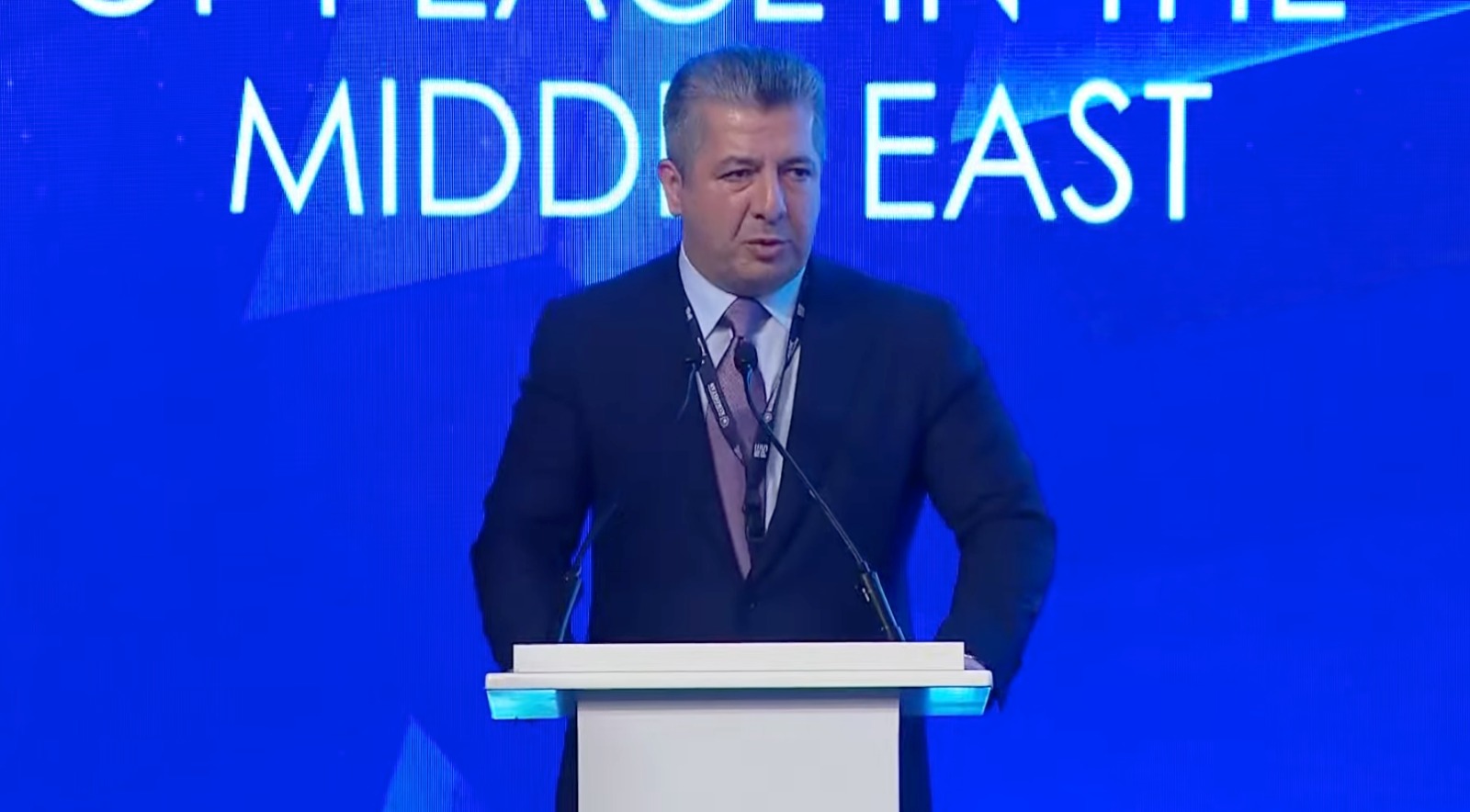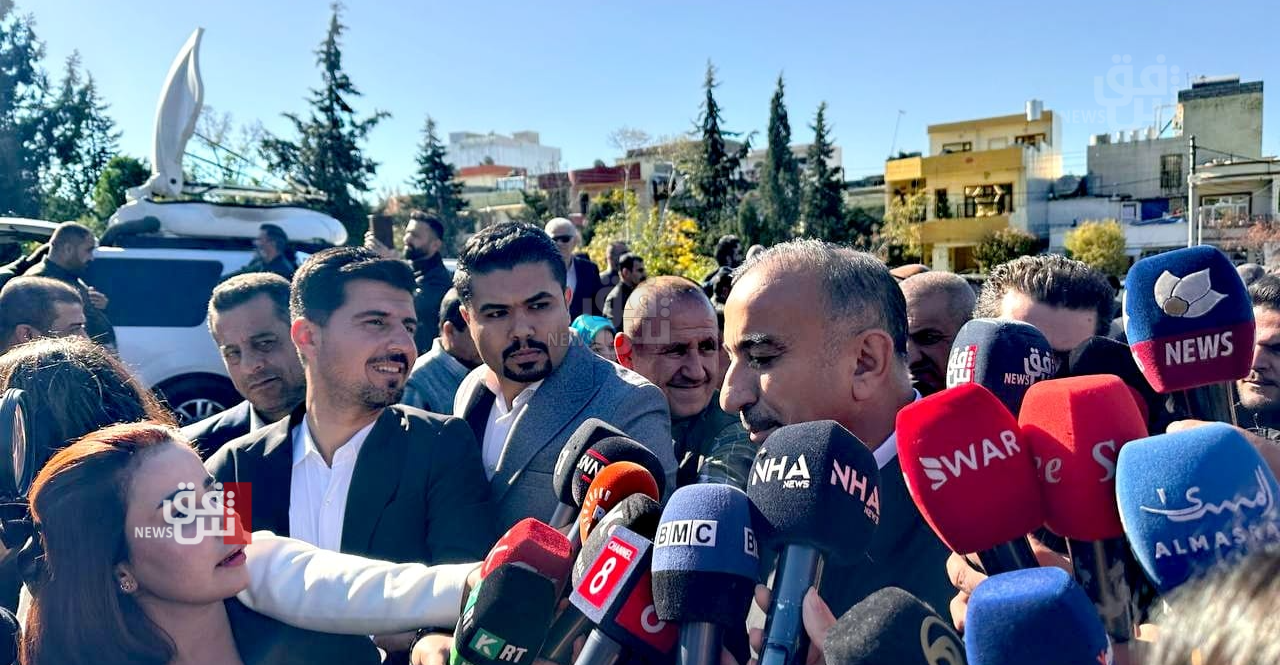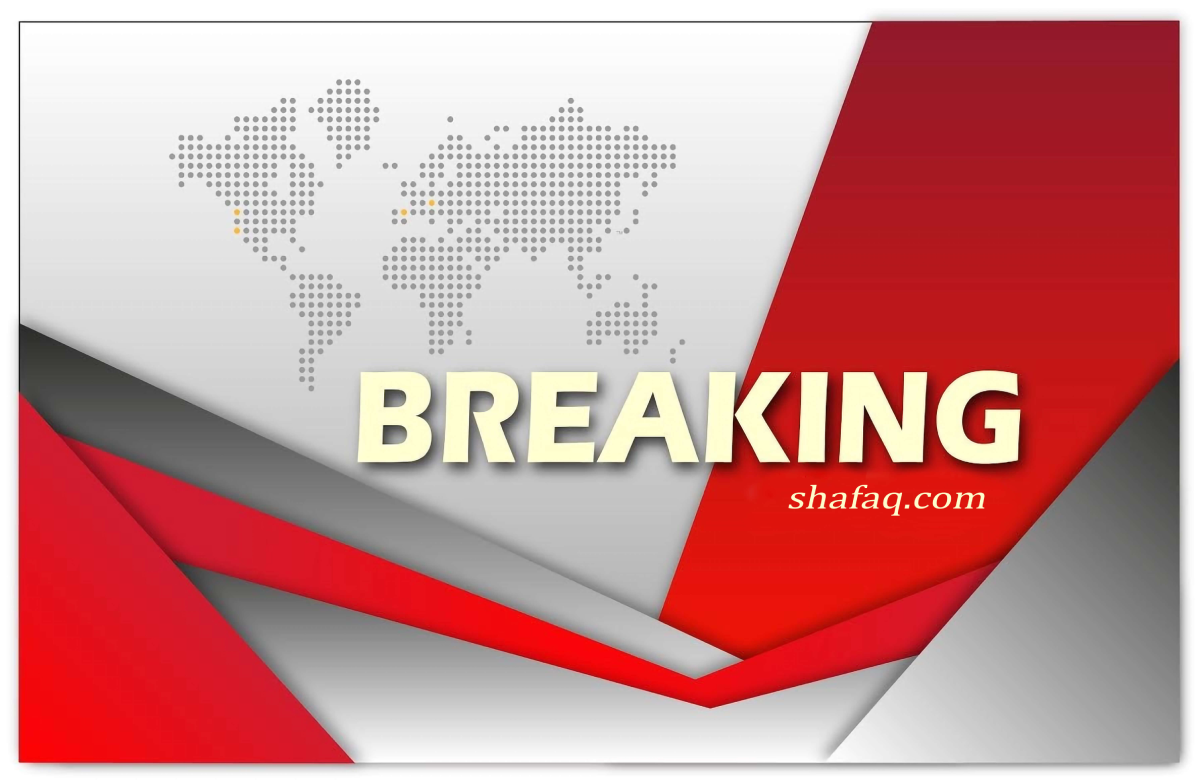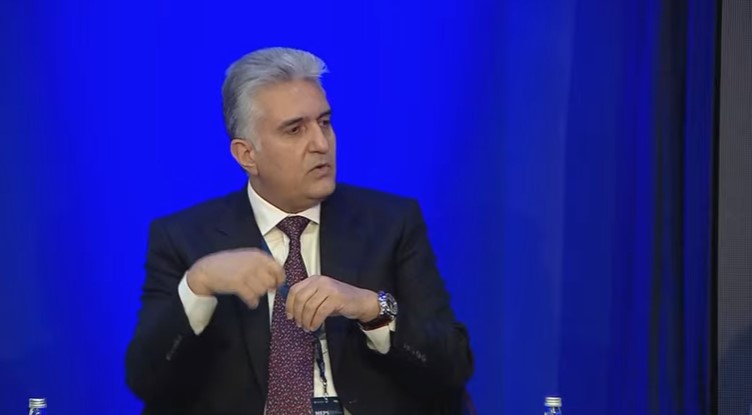Leader Barzani's stand: navigating political challenges, regional threats, and defending Kurdistan's future
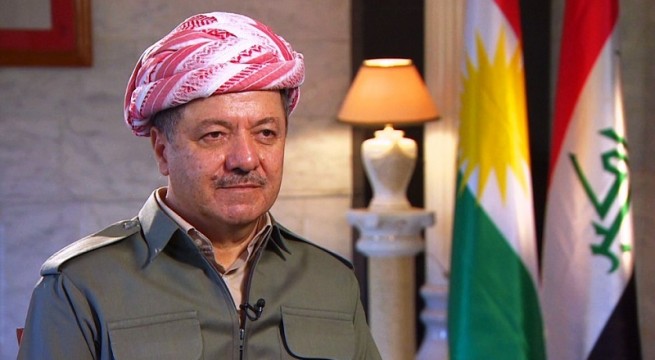
Shafaq News/ The head of the Kurdistan Democratic Party (KDP), leader Masoud Barzani, stated that the Iraqi PM Mohammed Shia al-Sudani is "facing obstacles in implementing the political agreement's provisions, which allowed participation in this government, accusing several parties of attempting to hinder the work of the federal government.
In an exclusive interview with Monte Carlo International, Barzani delved into several topics and expressed concern over threats to the democratic model in Iraq.
KDP – PUK ties
Regarding the relationship between the two main Kurdish parties in Iraqi Kurdistan, KDP, and the Patriotic Union of Kurdistan (PUK), the Kurdish leader expressed regret over the division.
"But honestly, I say that there is a disagreement on strategic issues and strategic goals. It would have been very easy if it were a disagreement on tactical matters. Nevertheless, we are exerting maximum efforts to overcome this problem and work towards unifying the Kurdish front as it was." Barzani said.
Asked about the meaning of "strategic issues," he explained, "Negotiating the Region's existence is not permissible, cooperating with those who seek to dismantle the Region is not allowed, and forming alliances with those aiming to end the Region is not permissible."
Relationship with Iran
Concerning the relationship with Iran, especially after the recent IRGC attack on Erbil that resulted in civilian casualties, Barzani denied all Iranian accusations against the Region of providing shelter for Iran's enemies (mainly Israel.)
"Iran, more than anyone else, knows that these are baseless accusations. Yes, I was born in Mahabad, and we never wished for strained relations with Iran. We did not allow the Region to be a threat to Iran's security." Barzani clarified.
"Since 2020 and 2021 until today, Erbil as a city and province has been subjected to 143 drone or ballistic missile attacks by Iran or its followers. These crimes are always justified by claiming the presence of international intelligence centers, specifically Mossad or Kurdish opposition, in Kurdistan." He added.
Barzani pointed out that Kurdistan "never wished for relations to become tense with Iran. However, we are also surprised why Iran chose this approach."
US presence in Iraq
Currently, an ongoing debate circulated in Iraq about the American presence; in this regard, Barzani mentioned concerns about a repeat of the 2011 scenario, where ISIS occupied a third of Iraq after the US withdrawal.
"There was an agreement between the federal government, the United States, and the Global Coalition, which has been in place for ten years. Perhaps this agreement needs a review, but it falls under the jurisdiction of the federal government and relevant authorities, not the factions or groups. This is a crucial matter related to all Iraqis, and it is not within the right of any single party to make any decision regarding this issue." Barzani explained.
Kurdish employees' salaries
As for the decisions of the Iraqi Federal Court regarding the salaries of Kurdistan Region employees and the Region's revenues, Barzani expressed regret for the recent decisions, considering them biased against the Region.
The Supreme Federal Court (the highest judicial authority in Iraq) decided on Wednesday, February 21, 2024, to obligate both Mohammed Shia Al-Sudani, the Prime Minister of the Federal Council of Ministers, and the Prime Minister of the Kurdistan Region, Masrour Barzani, to localize the salaries of employees and workers in the public sector through federal banks.
"Unfortunately, all the decisions of the Federal Court are heavily biased against the Region…this court is not a constitutional court but currently assumes the roles of the judicial, legislative, and executive authorities. I believe the Federal Court has exceeded its powers and neglected its fundamental duties. Its decisions are unjust and unfair, distinctly against the Region."
Iraq's future
Barzani concluded by sounding the alarm about the future of Iraq if Iraqis "do not adopt the principles of participation, consensus, and balance, avoiding the monopolization of power by specific groups, as this could lead Iraq towards a crisis."

